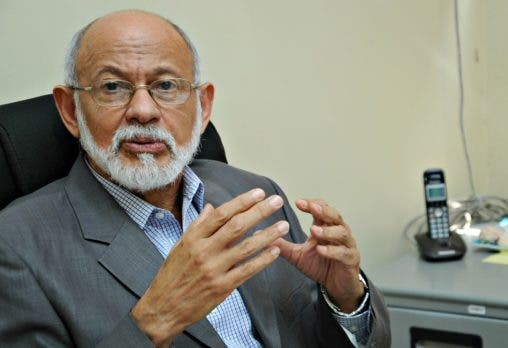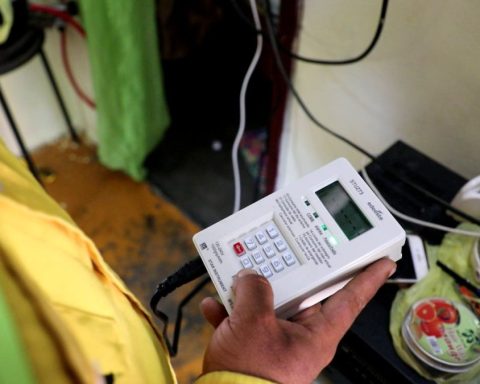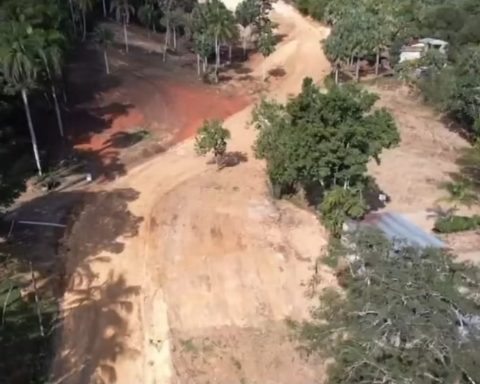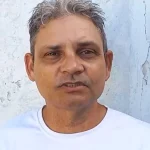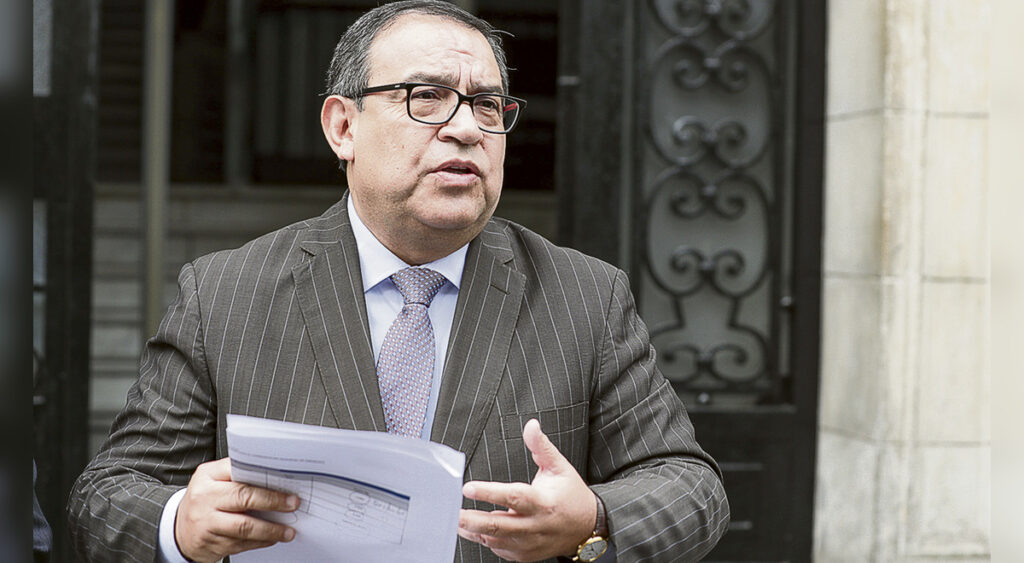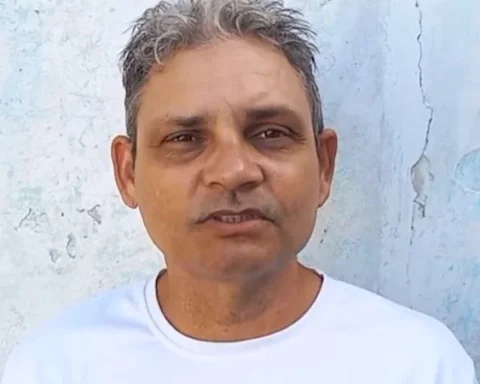The implementation of a National Psychosocial Rehabilitation Plan that involves all the mental health workers of the National Health Service will be conclusive proof of the real intention and commitment of the authorities to the development of the new model that poses prevention as one of its fundamental principles.
It is the discretion of the doctor Jose Mieses Michelpsychiatrist, president of the Foundation in Support of People with Mental Illness (Fundapem), for whom the recovery of the social and work functions of people with psychiatric disabilities caused by serious mental illnesses is the ultimate goal, the great challenge of treatment of those pathologies.
This requires a wide network of programs and services, a national psychosocial rehabilitation plan and labor designed to respond effectively to the needs of patients and their families, indicates the psychiatrist and continues:
“It is urgent, without delay, to form this network with community centers and psychosocial clubs, the organization of comprehensive care that protects the rights of people with severe mental disorders so that they can receive early care, identify the initial symptoms of the disease mentally, master established procedures.
Provide first aid in a psychiatric crisis. and, if necessary, refer the patient to a specialized team and guarantee the supervision of the patient to prevent him from abandoning the treatment”, explains Mieses Michel, former director of the Department of Mental Health of the Ministry of Public Health.
Can read: The role of the family in mentally ill recovery is fundamental
This psychosocial recovery, he explains, has two faces, one aimed at the affected person, training them in a series of skills, their habits and behavior, and the other aimed at educating society, freeing them from prejudices, and first of all the family, teaching live with the sick relative.
Achieving it requires a new approach, a paradigm shift, the joint effort of various governmental and non-governmental institutions coordinated by Public Health, in which the Ministries of Labor, Education, the Social Cabinet, the municipalities, and the community should also be involved.
Community centers
In this model advocated by Fundapem, the psychosocial rehabilitation process must be governed by care implemented in centers located in the patient’s natural environment to facilitate their access to timely care and follow-up, with trained personnel, whose components include psychosocial clubs, such as created by that institution.
In the DRs, we would have to open three types of community mental health centers coordinated among themselves, that work in all the provinces, served by a multidisciplinary team, psychiatrists, psychologists, social workers, nurses, rehabilitation technicians, educators, six disciplines with which a well-unified team would be formed to transmit their knowledge, says the psychiatrist and adds:
Psychosocial rehabilitation interventions based on scientific evidence conducted by trained professionals are applied, with which the recovery of cognitive faculties, social, labor, and recreation skills is sought, teaching them again to work, to live in society.
He Community Mental Health Center it makes a community diagnosis, responds to mental health problems detected in the community, which is the focus of attention, where the psychiatrist, psychologist, and the entire team go to do this examination.
It would create, at the same time, the Day Centera welcoming space, since the person with psychosocial deterioration requires more than diagnosis and treatment, they need a training place where they are taught rudimentary tasks of little complexity.
Those who have passed through that center go to the Psychosocial and Labor Rehabilitation Center, where they are trained, training them in a labor activity with follow-up so that they can be inserted into work.
The network must be completed with supervised housing for those who lack family support, as well as programs that guarantee the medication.
The Mental Health Law, 12-06 is clear, provides that these centers are in the community. In addition, the mental health regulations of the Department of Mental Health of Public Health specify that there must be one for each population of more than 100,000 inhabitants, indicates Mieses Michel and continues.
They are 24/7 centers, close to people, seeing, living with their situation. And, let’s say condescendingly that in those places where for the moment it is not possible to have one, at least there are traveling teams to which the patient has access.
The rehabilitation includes the Family education, Because there are highly critical family environments, what is called highly expressed emotion, where the sick person is continually criticized, treated with hostility, where there is physical, verbal, and psychological violence. Over-involvement with the family, such as abandonment, are highly damaging to recovery.
In addition, it is necessary to educate society, in which companies are involved, because the objective is to ensure that the person becomes socially rehabilitated, can work. Raise awareness so that private workplaces, town halls and state institutions are able to assimilate these people in jobs.
The Law 5-13 protects physical, mental and psychiatric disabilities provides that public institutions keep 5% of their payroll for people with disabilities, and private companies 3%.
We deserve an inclusive, supportive society, respectful of its laws, emphasizes Mieses Michel_, and that legislation, the Constitution and Mental Health regulations should not continue to be disdained, ignored.
Its compliance is urgent
Dominican laws mandate the organization of mental health and psychiatric rehabilitation services. Article 44 of Law 12-06 on Mental Health provides the following: Rehabilitation and social reintegration services necessary for adequate comprehensive care of the problems of people with mental disabilities will be developed, seeking the necessary coordination with social services and sociosanitary
Article 89 of the General Health Law, 42-01, says: All actions that guarantee the provision of rehabilitation for adequate care of people with mental illnesses and/or behavioral disorders must be promoted.
Nor are the psychiatric rehabilitation recommendations made by the World Health Organization (WHO) on the closure of the Padre Billini Psychiatric Hospital.
